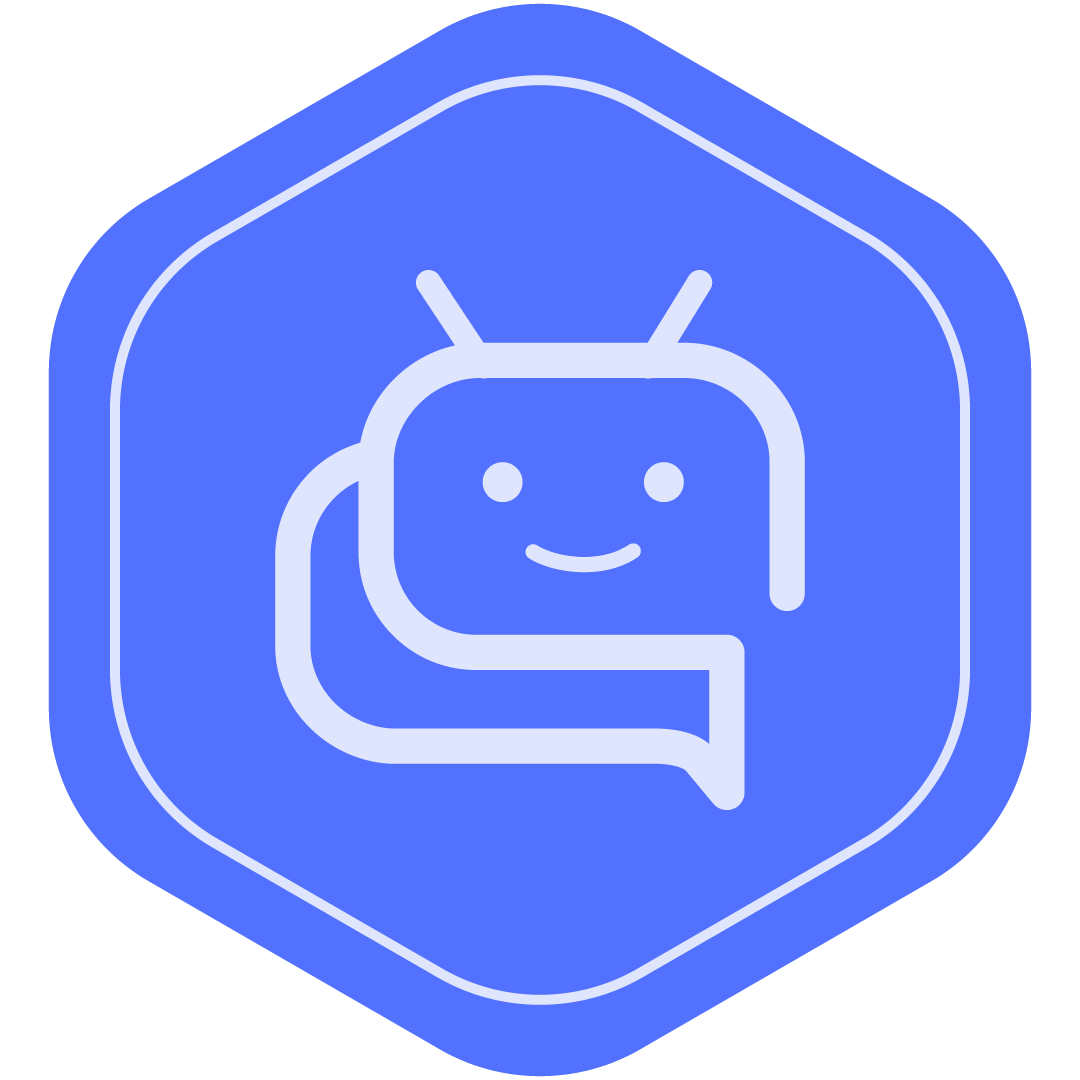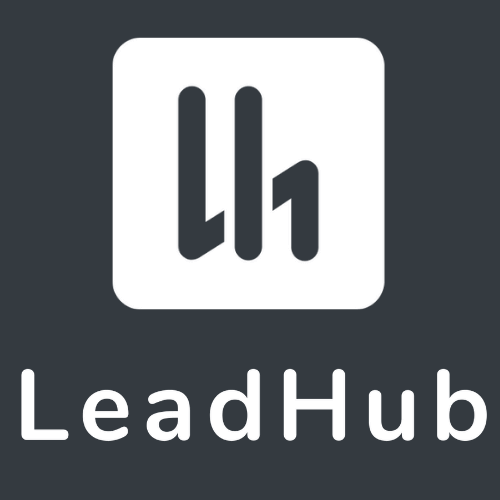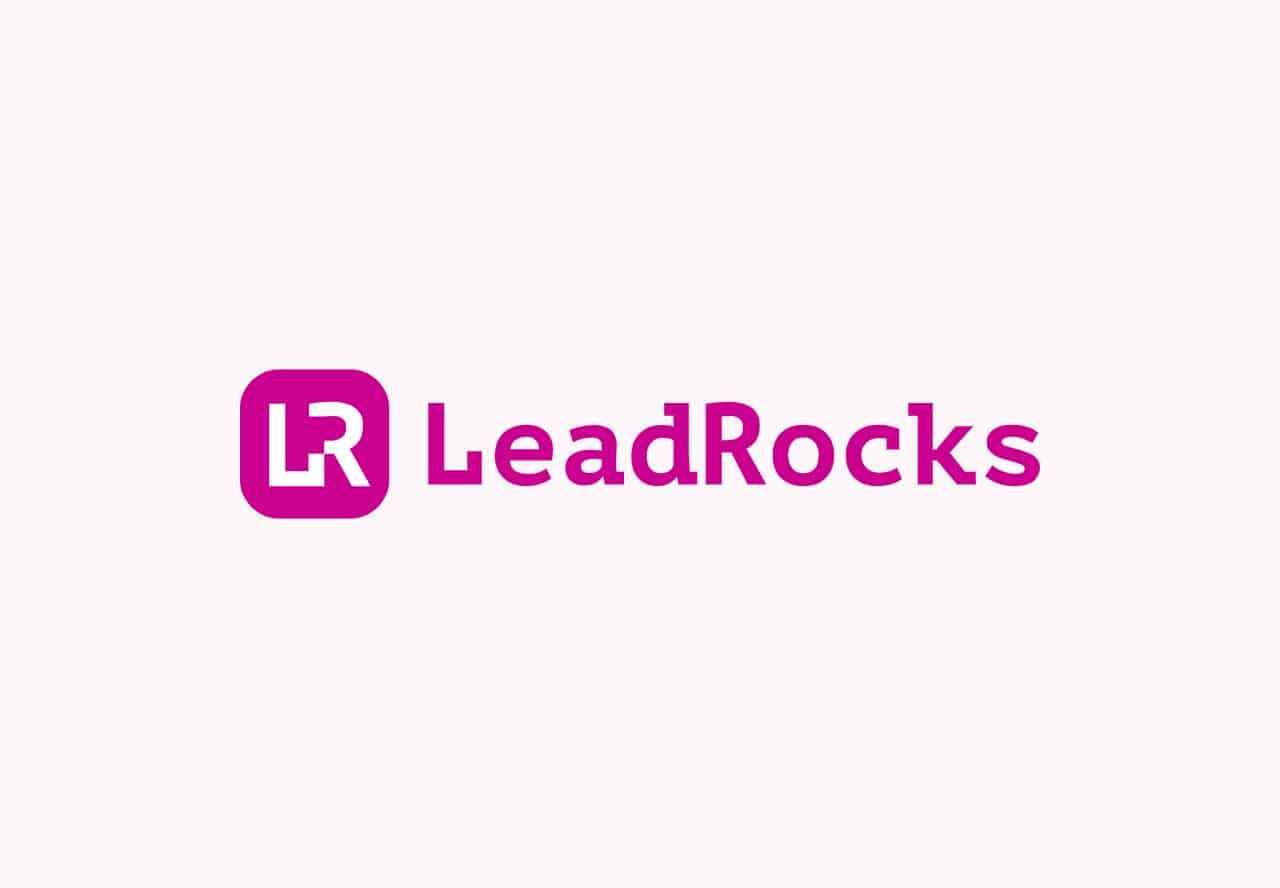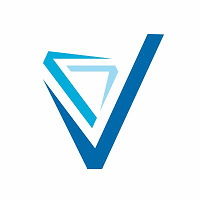Description

BotMyWork Chatbot Builder

LeadHub
Comprehensive Overview: BotMyWork Chatbot Builder vs LeadHub
BotMyWork Chatbot Builder:
a) Primary Functions and Target Markets: BotMyWork Chatbot Builder is a tool designed for creating chatbots without requiring extensive coding skills. Its primary functions include automating customer support, lead generation, appointment booking, and improving user engagement on platforms like Facebook Messenger. It targets small to medium-sized businesses (SMBs) looking for scalable solutions to enhance customer interaction and operational efficiency.
b) Market Share and User Base: While specific market share figures for BotMyWork Chatbot Builder may not be readily available, it caters to the growing sector of SMBs seeking cost-effective automation solutions. The user base is typically businesses looking to leverage social media platforms for customer engagement and streamlined interactions.
c) Key Differentiating Factors: One of BotMyWork’s key differentiators is its ease of use, which includes templates and an intuitive interface that simplifies the chatbot-building process. It integrates seamlessly with multiple platforms like Slack, allowing users to manage interactions across various channels. Additionally, its pricing is often competitive, making it accessible for smaller businesses.
LeadHub:
a) Primary Functions and Target Markets: LeadHub is a lead generation and customer engagement platform. It focuses on capturing, managing, and nurturing leads through various digital channels. The tool is primarily aimed at sales and marketing teams in industries such as real estate, finance, and technology who are focused on effectively managing their sales pipelines and enhancing customer journeys.
b) Market Share and User Base: LeadHub has carved a niche within industries heavily reliant on lead generation and nurturing, such as real estate or financial services. Its market share is influenced by businesses that require in-depth analytics and lead management features, but exact figures would require access to specific industry reports.
c) Key Differentiating Factors: LeadHub distinguishes itself with its robust analytics and tracking capabilities, providing businesses with detailed insights into lead behavior and campaign performance. It often includes CRM integrations, enabling a seamless transition of leads through the sales funnel. Its emphasis on data-driven decision-making sets it apart from more generalized lead management tools.
Zuma:
a) Primary Functions and Target Markets: Zuma is typically associated with business communication tools, providing solutions that facilitate team collaboration and customer interaction. It often includes functionalities for messaging, video conferencing, and workflow automation, targeting enterprises and large organizations needing comprehensive communication solutions.
b) Market Share and User Base: While Zuma may not be a household name compared to larger enterprise solutions like Slack or Microsoft Teams, its user base comprises businesses requiring integrated communication platforms. Its market presence is more visible among organizations prioritizing secure and streamlined communication channels.
c) Key Differentiating Factors: Zuma's key differentiators include its emphasis on security and integration capabilities, providing organizations with a single platform to handle various communication channels. It often features advanced workflow automation, enabling businesses to automate repetitive tasks efficiently. The flexibility and customization options available with Zuma make it a choice for enterprises with specific communication and operational needs.
In summary, while BotMyWork Chatbot Builder focuses on SMBs with a need for easy-to-build chatbots, LeadHub zeroes in on lead management and nurturing with deep analytics, and Zuma offers comprehensive communication solutions for larger enterprises requiring secure and integrated platforms. Each product serves its specific niche, with strengths aligning to the needs of their target markets.
Contact Info

Year founded :
Not Available
Not Available
Not Available
Not Available
Not Available

Year founded :
2011
Not Available
Not Available
United States
http://www.linkedin.com/company/lead-hub
Feature Similarity Breakdown: BotMyWork Chatbot Builder, LeadHub
When analyzing BotMyWork Chatbot Builder, LeadHub, and Zuma, we can identify their feature similarities and differences as follows:
a) Core Features in Common
-
Chatbot Development and Management:
- All three platforms offer tools for creating and managing chatbots. They provide users with a way to design conversations, automate responses, and integrate with various messaging platforms.
-
User Engagement and Interaction:
- They include features that enhance user engagement through personalized interactions, which may involve AI-driven conversational capabilities or template-based responses.
-
Integration with Third-Party Services:
- Each platform supports integration with external applications, such as CRMs, email marketing tools, and social media platforms to streamline business processes and enhance communication workflows.
-
Analytics and Reporting:
- These solutions provide analytics to track chatbot performance, user interactions, and engagement metrics, allowing users to gather insights to optimize their strategies.
-
Multi-Channel Support:
- The ability to deploy chatbots across multiple channels like websites, social media, and messaging apps is a common feature, enhancing the omni-channel customer experience.
b) User Interface Comparison
-
BotMyWork Chatbot Builder:
- Known for its straightforward and user-friendly interface that allows non-technical users to easily create and manage chatbots. It often includes drag-and-drop features, making the building process intuitive and visually guided.
-
LeadHub:
- Offers a more data-driven interface that might appeal to users who are focused on lead generation and customer relationship management. It emphasizes CRM integration and may have dashboards tailored for tracking leads and conversions.
-
Zuma:
- Zuma typically presents a sleek and modern interface aimed at ease of use and quick deployment. It may focus on simplicity and graphic-rich design, catering to users who prioritize aesthetics without sacrificing functionality.
c) Unique Features
-
BotMyWork Chatbot Builder:
- Often distinguished by its integration capabilities with various platforms such as Slack, and its focus on business productivity tools. It specializes in chatbots that enhance workflow efficiency in professional settings.
-
LeadHub:
- Focuses extensively on lead generation and nurturing processes. It may offer specialized tools for managing customer journeys and conversion insights that are more advanced compared to generic chatbot functions.
-
Zuma:
- Known for its emphasis on AI-powered conversation and natural language processing (NLP). It might offer more advanced machine learning algorithms for personalizing user interactions that set it apart from more template-driven competitors.
These platforms offer robust solutions but cater to slightly different market needs and preferences, which is reflected in their unique features and interface designs. By choosing between them, users can align their selection with their business goals, whether it’s enhancing user engagement, streamlining lead pipelines, or implementing advanced conversational AI.
Features

Easy Chatbot Creation
Smart Conversations
Analytics and Insights
Analytics & Reporting
Seamless Integrations
Seamless Integration
Smart Automation

Integration
Lead Management
Communication Tools
Analytics and Reporting
Best Fit Use Cases: BotMyWork Chatbot Builder, LeadHub
When considering BotMyWork Chatbot Builder, LeadHub, and Zuma, it's essential to understand the specific strengths and ideal use cases for each platform to determine where they might best fit within business needs or projects:
BotMyWork Chatbot Builder
a) Best Fit Use Cases:
- Small to Medium Businesses (SMBs): Ideal for smaller businesses that want to implement a straightforward chatbot solution without extensive technical expertise.
- E-commerce Platforms: Great for online stores for handling customer queries, order updates, and product recommendations.
- Service-Based Businesses: Useful for appointment scheduling, customer support, and feedback collection for businesses like salons, clinics, and consultancy services.
d) Industry Vertical or Size:
- Caters primarily to SMBs looking for affordable automation solutions.
- Versatile across industries with a focus on service and retail sectors where client interaction is frequent.
LeadHub
b) Preferred Scenarios:
- Lead Generation and Management: Perfect for businesses focused on capturing, nurturing, and managing leads effectively.
- Sales Teams: Useful for enhancing the productivity of sales teams by streamlining the process of tracking interactions and follow-ups.
- Marketing Agencies: Enables campaigns and engagement tactics that require deeper insights into customer journeys and conversion data.
d) Industry Vertical or Size:
- Suitable for medium to large enterprises with dedicated sales and marketing architectures.
- Adapts well to industries like real estate, SaaS, and B2B services where lead conversion is critically crucial.
Zuma
c) When to Choose Zuma:
- Data-Driven Projects: Ideal for businesses needing advanced analytics and reporting capabilities to derive actionable insights from customer interaction data.
- Enterprise-Scale Deployment: Offers robust capabilities to support large-scale implementations requiring integration with complex systems.
- Tech-Savvy Teams: Suitable for teams with development capabilities looking to customize extensive workflows and integrations.
d) Industry Vertical or Size:
- More aligned with large enterprises or tech-oriented companies that demand high customization levels and deep data analytics capabilities.
- Works well in technology, finance, and telecom sectors where data processing and customer interaction analytics are a priority.
By understanding these nuanced applications and scenarios, businesses can better determine which platform aligns with their objectives and operational needs. Each tool has its unique advantages that cater to different types of businesses across various industry verticals and company sizes, enabling them to address specific challenges and optimize performance effectively.
Pricing

Pricing Not Available

Pricing Not Available
Metrics History
Metrics History
Comparing undefined across companies
Conclusion & Final Verdict: BotMyWork Chatbot Builder vs LeadHub
When comparing BotMyWork Chatbot Builder, LeadHub, and Zuma, it's important to evaluate them based on key factors such as ease of use, pricing, features, scalability, and customer support. Each product offers unique benefits, but they also have limitations. Here's a comprehensive analysis to help determine which may offer the best value and guidance on choosing between them:
Conclusion and Final Verdict
a) Considering all factors, which product offers the best overall value?
- Zuma often emerges as offering the best overall value due to its balance between advanced features and user-friendly design. Its scalable platform and integration capabilities make it suitable for businesses of various sizes. Additionally, its pricing is competitive, providing robust functionality without a steep cost, which is ideal for growing businesses seeking to optimize their chatbot strategies.
b) Pros and Cons of Each Product
BotMyWork Chatbot Builder:
-
Pros:
- User-friendly interface suitable for beginners.
- Offers a range of templates for quick setup.
- Budget-friendly pricing with flexible plans.
- Integration with popular platforms like Slack and Facebook Messenger.
-
Cons:
- Limited advanced features for sophisticated chatbot development.
- Customization might be restricted for complex use cases.
- Scalability could be an issue for larger enterprises.
LeadHub:
-
Pros:
- Strong lead generation and CRM integration capabilities.
- Detailed analytics and reporting tools for tracking performance.
- Good customer support and community resources.
-
Cons:
- Steeper learning curve for new users.
- Higher price point, which might be prohibitive for smaller businesses.
- May require significant setup time to leverage full potential.
Zuma:
-
Pros:
- Comprehensive feature set that caters to a variety of needs.
- Easy integration with different platforms and systems.
- Scalable solutions that grow with business needs.
- Strong emphasis on AI-driven interactions for better user experience.
-
Cons:
- Mid-range pricing could be challenging for startups with tight budgets.
- Some users report occasional glitches with specific third-party integrations.
- Advanced features may require additional learning to fully utilize.
c) Specific Recommendations for Users Trying to Decide:
-
For Beginners or Small Businesses: If your primary need is to set up a basic chatbot quickly without delving into complex configurations, BotMyWork Chatbot Builder is an excellent choice. Its affordability and ease of use make it ideal for startups or small businesses.
-
For Businesses Focused on Lead Generation and CRM: LeadHub is best suited for companies that prioritize lead management and want to integrate their chatbot directly into CRM systems. Its robust analytics are useful for businesses driven by data insights.
-
For Medium to Large Enterprises: Zuma is recommended for businesses looking for a scalable solution that offers a richer set of features. It's particularly good for companies aiming to enhance user engagement through AI-powered chat interactions and require advanced integrations.
In summary, your decision should align with the specific needs and scale of your business. Evaluate the importance of features, budget constraints, and growth plans when making a choice. Each tool has strengths that cater to different aspects of business operations, so what works best will depend on your unique requirements.
Add to compare
Add similar companies



